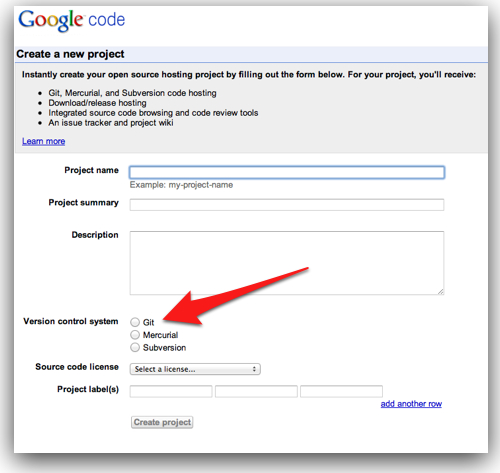As I was recently downloading a new version of the excellent oXygen XML editor (which I used to write my “Migrating Apps to IPv6” book for O’Reilly), I was struck by how great their “Release Timeline” page is. It’s truly a thing of beauty. You can easily see release dates for every major release going back to the beginning of the product (well, okay, they’ve collapsed some of the early 1.x, 2.x, 3.x, etc. releases) and with a single click on the release number can see the release notes for that particular version.
Kudos to the oXygen team for making it so easy to get to this kind of information!




 Ever wanted to manipulate Git repositories directly in python? Well, okay… I haven’t really myself, but in
Ever wanted to manipulate Git repositories directly in python? Well, okay… I haven’t really myself, but in 